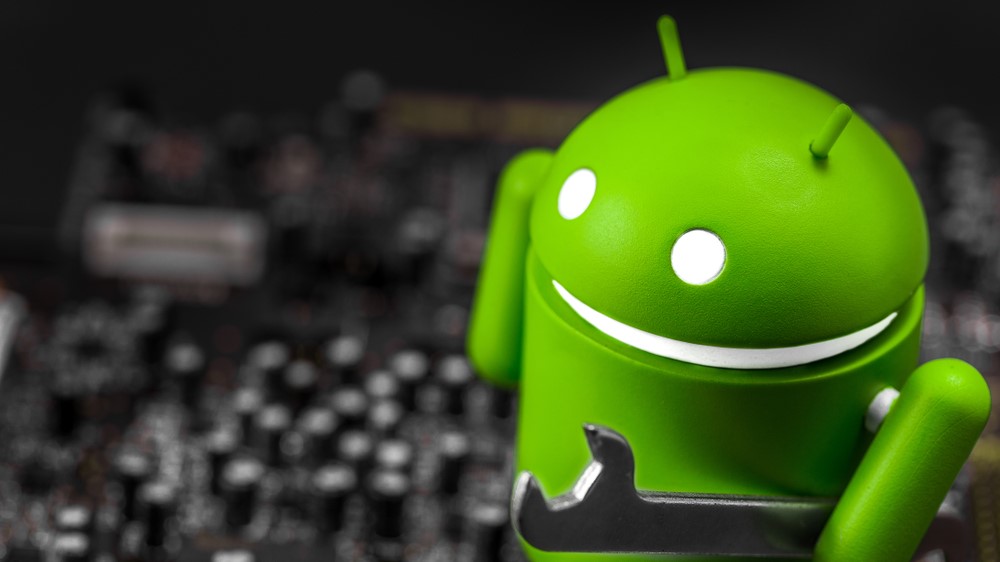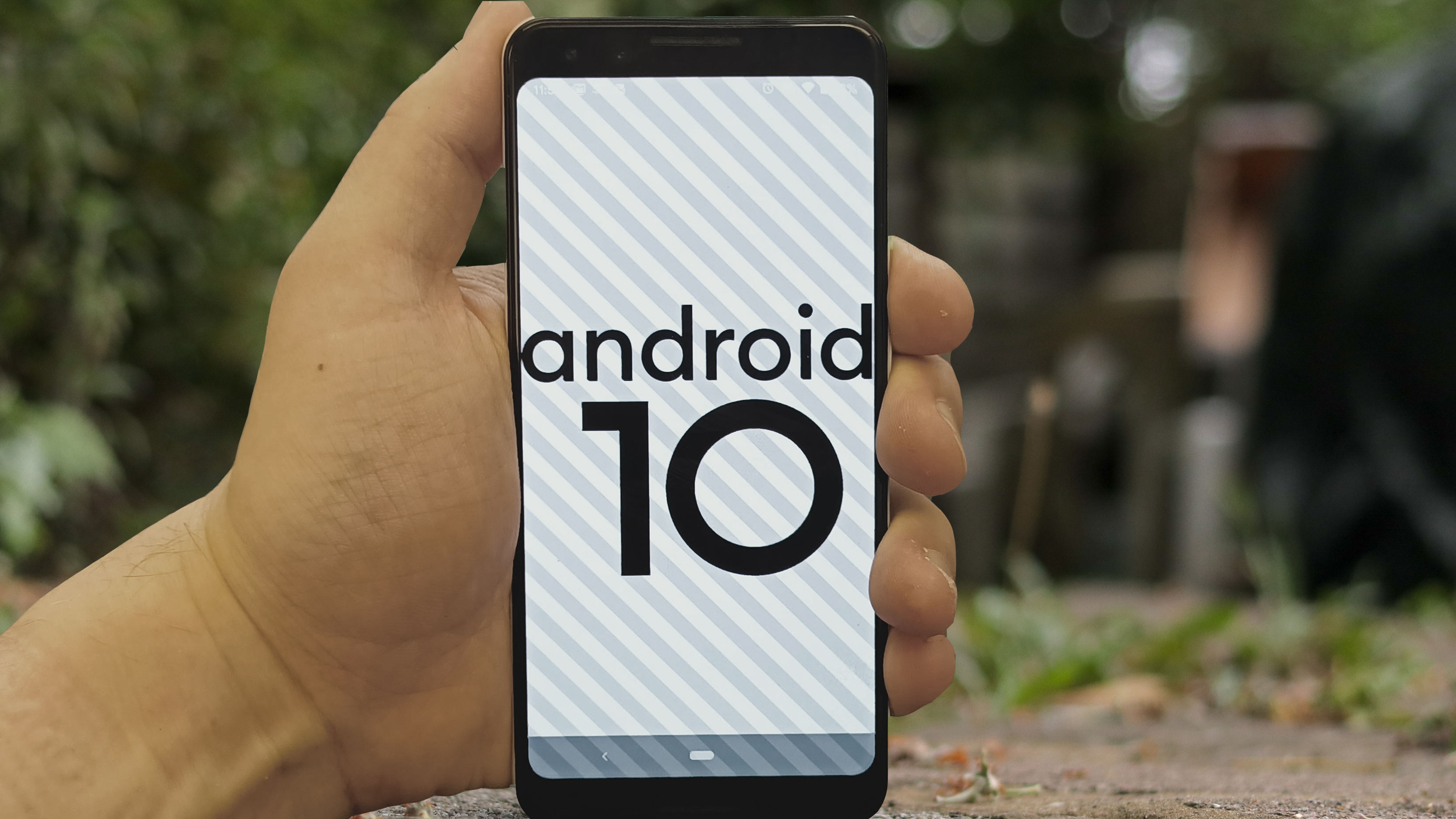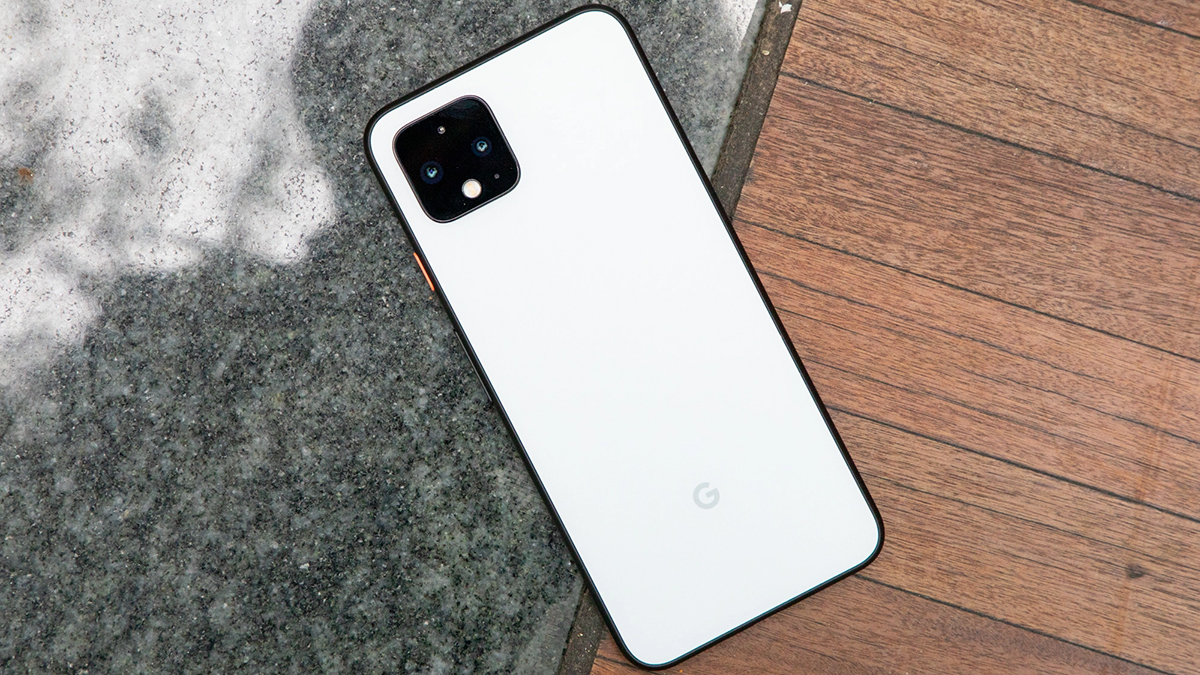After Android 10 and Android 11, Android phones really don't need yearly updates
Let's move to a flexible schedule

Yearly smartphone operating system updates are one of those arbitrary things we've come to expect from Google (which makes Android) and Apple, but they don't really make sense.
Take a look at the Android 11 features list - it's pretty bare, with only a few new additions that will be useful for niche audiences, like changed smart home and media controls, changes to how your phone works out if you're on Wi-Fi or mobile data, and a compartmentalized notification bar that separates conversations from other notifications.
There's nothing here that will change how you use your phone in any way - Android 10 was the same for the most part. A Dark Mode toggle was the only major change - but most apps didn't even support that initially, so the actual Android 10 launch brought very few new things.
This begs the question - what's the point in these yearly Android updates? None of the reasons I can think of hold up to scrutiny, and it would make far more sense to have a year-round approach so features land sooner.
- These are the best Android phones
A year is arbitrary
Most smartphone lines have new iterations yearly, and annual launches in the phone world is the norm.
But new smartphone launches tend to be necessary for commercial reasons, not tech ones - more often than not a new iPhone, Samsung Galaxy handset or Motorola, Huawei, Nokia or LG phone will only have a few tweaks from the previous year's version.
It's an iterative update done because the phone company will look bad and sell fewer handsets if there isn't a new phone, not because there's enough new tech for a revolutionary new device.
Get daily insight, inspiration and deals in your inbox
Sign up for breaking news, reviews, opinion, top tech deals, and more.
That doesn't really stand up for operating system updates though, as they're not commercial products - you get them for free, and if you've got an Android phone, you're generally going to have to use the Android operating system.

Google doesn't need to put out iterative Android updates, because it doesn't need to put on a spectacle for people to use Android - its users are generally fans who'd rather use it than iOS, regardless of the pomp of a new launch.
- These are the best Android apps
Regular updates
Instead of annual Android updates, it would make far more sense for Google to insert new features into Android all year round. It does this anyway with frequent patches to fix bugs and other issues, so it wouldn't be a big change of procedure at all.
Apple does this to some extent with iOS. While loads of features are announced with each new iOS version, many only come to phones and tablets with the incremental builds throughout the year, not in the initial release.
A rollout strategy like this would be great because it would let Android users get all the new features as soon as they're available, rather than waiting longer just for an arbitrary release date. It would also let Google address new demands straight away, rather than once a year.
- These are the best Android games
The Android rollout is confusing
I've been talking about an 'Android release date', but it's not as simple as that. On the official Android launch date each year, Google Pixel phones get the new operating system version, but handsets from other companies need to wait for the manufacturer to make its own version for the phones.
Most of those manufacturers stagger the Android release by model too, so every different phone will end up having a different Android release date.

At the time of writing this article, Android 10 is almost a year old, but it's still slowly rolling out to more phones from different companies - and the cycle is about to begin all over again with Android 11.
This kind of scattershot launch can be really confusing for people who own Android phones but don't follow all the latest phone news - they've no idea when or if their phone will get the update, and it's hard to find accurate information on the subject. That's especially true for those who don't even know what model of phone they have, so they can't search.
Unlike Apple, Google doesn't pressure its operating system's users to update as soon as there's a new version, which can compound the problem as some people are on several-year-old software.
A slow-rolling Android release cycle would likely ensure a more cohesive release date of the operating system for all phones, as manufacturers would just need to adapt one feature at a time to their devices, not a big selection of them, and this would help more Android users understand their phone.
- These are the best Android tablets
Security isn't an issue
Some say that a yearly Android update is necessary for the security updates, of which there are many in each new Android build, but that's not the case.
Security updates are sent to your smartphone regularly, not just once a year, and the abolition of annual Android builds wouldn't really affect security in the slightest.
There may be behind-the-scenes reasons Google sticks with its annual Android release instead of a more fluid approach, but for phone fans and the average consumer alike, the latter option would be far more useful.

Tom Bedford joined TechRadar in early 2019 as a staff writer, and left the team as deputy phones editor in late 2022 to work for entertainment site (and TR sister-site) What To Watch. He continues to contribute on a freelance basis for several sections including phones, audio and fitness.









